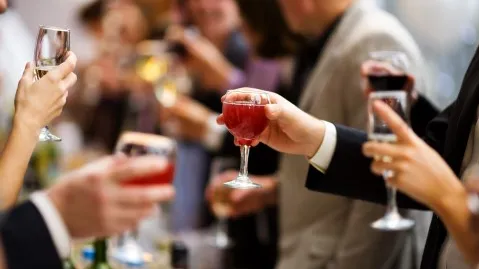
Indian restaurants face dilemma amidst service charge ban
Restaurants are hesitant to incorporate service charges in menu prices.
India’s Central Consumer Protection Authority (CCPA) has banned restaurants from levying additional service charges on food bills, which would put businesses in the sector in a dilemma while it is recuperating from pandemic lockdowns, according to GlobalData.
The consumer watchdog has imposed a ban on the practice following public complaints on the rise about being billed without prior consent, calling it a “violation of consumer rights.”
The CCPA allowed operators to charge any price for food and drinks served at their premises, as long as the menu prices include both the cost of food and all associated service charges. This aimed to empower consumers to decide whether they are willing to pay for it.
Bobby Verghese, consumer analyst at GlobalData, noted that hotels, restaurants, and cafe (HoReCa) operators often refrain from incorporating service charges into the menu prices, as price-sensitive consumers typically compare food prices between different restaurants. This is further compounded by the recent spike in food price inflation.
Raising menu prices further could undermine an eatery’s perceived value-for-money, he noted, which is a prominent factor for 53% of Indian respondents while consuming food/drinks outside their homes, based on a survey conducted in Q4 last year.
READ MORE: India’s retail inflation to hit 6% in 2022: GlobalData
“As a result, foodservice operators are poised to think twice before raising their menu prices and losing out on this resurging consumer footfall, especially at a time when 71% of Indians are concerned about their personal financial situation,” Verghese said.
The report noted that the clampdown came at a time when the Indian foodservice sector is still recuperating from almost two years of intermittent shutdowns and restrictions caused by the COVID-19 pandemic.
According to a GlobalData survey for Q2, 48% of Indian respondents ordered food and drinks at a full-service restaurant at least once a week, compared to 43% in Q1.
However, the Indian food service sector has been grappling with an acute labour crunch, as many skilled workers returned to their villages during the pandemic lockdowns and have since moved to other jobs that paid more.
“Subsequently, instead of relying on the far and few tips from diners, more hotels, restaurants, and café (HoReCa) operators have begun levying an additional 5%–15% service charge in food bills to supplement wages and incentives to service staff,” Verghese said.



















 Advertise
Advertise






